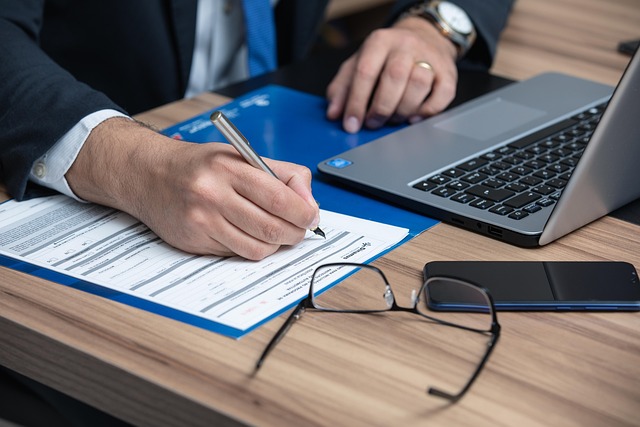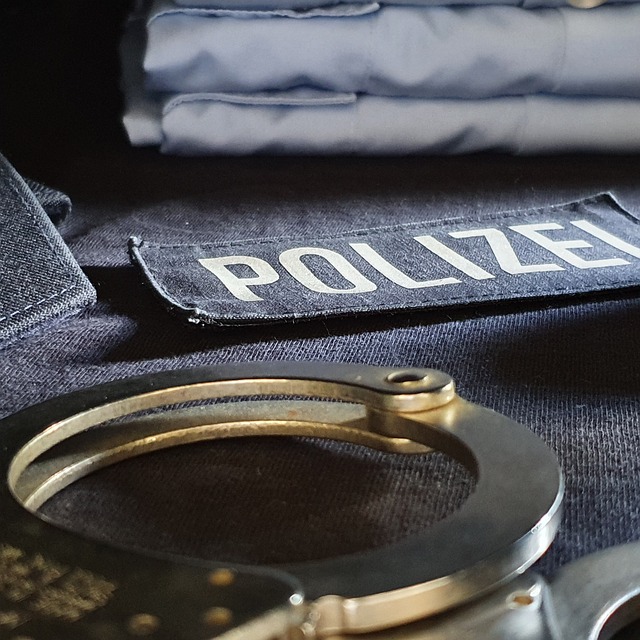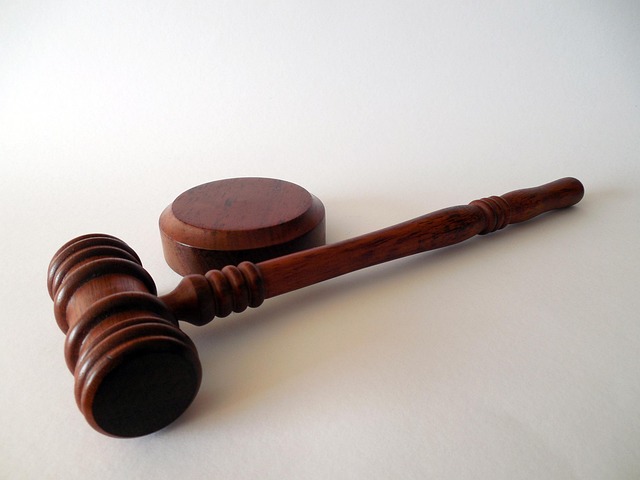C-Level investigations rely on a structured approach following steps in criminal procedure litigation to gather evidence, navigate legal frameworks, and achieve successful outcomes. This method includes reviewing laws, obtaining search warrants, interviewing witnesses, and sifting through documents to uncover crucial insights while preserving integrity for court use, ultimately aiming for positive results in high-stakes cases.
“In the realm of criminal investigations, C-level inquiries demand meticulous precision. This article delves into the intricate steps of criminal procedure litigation, outlining a strategic approach for high-stakes cases. From initial assessment and evidence collection, to navigating the legal framework and securing search warrants, interrogations, document production, trial preparation, and presentment – each phase requires expert navigation. Understanding these crucial steps is essential for successful C-level investigations, ensuring justice is served.”
- Initial Assessment and Evidence Collection
- Legal Framework & Search Warrants
- Interrogations & Document Production
- Trial Preparation & Presentment
Initial Assessment and Evidence Collection

The initial assessment and evidence collection phase is a critical step in any C-Level investigation, serving as the foundation for subsequent legal proceedings. It involves meticulous scrutiny of facts, witness statements, and relevant documents to construct a robust case strategy. Investigators employ a structured approach grounded in the steps of criminal procedure litigation, ensuring every detail is accounted for. This methodical process includes gathering documentary evidence, conducting interviews, and analyzing digital data to uncover key insights that may prove pivotal during litigation.
By following these steps, legal teams can efficiently navigate complex cases, minimizing risks and maximizing their chances of achieving extraordinary results. An unprecedented track record in C-Level investigations testifies to the effectiveness of this structured approach in avoiding indictment and safeguarding individuals’ reputations.
Legal Framework & Search Warrants

In the context of C-Level Investigations, understanding the legal framework is paramount. The process typically commences with a thorough review of relevant laws and regulations that govern business practices and conduct. This initial step involves a deep dive into the general criminal defense strategies applicable to corporate entities, ensuring compliance with the steps in criminal procedure litigation. Once potential violations are identified, investigators may obtain search warrants through the appropriate legal channels, allowing them to access digital records, physical documents, or even premises, if necessary.
Search warrants are crucial tools in achieving extraordinary results during investigations. They provide a structured pathway for law enforcement and legal professionals to navigate complex corporate landscapes, ensuring that evidence is collected legally and admissibly. The respective business involved must be informed of the warrant’s execution, and any seized materials are subject to strict handling protocols to maintain their integrity as potential court evidence.
Interrogations & Document Production

In investigations involving complex criminal procedures like white-collar and economic crimes, the process is meticulous and structured through defined steps in litigation. Interrogations play a pivotal role, where law enforcement officials or legal professionals engage with individuals of interest to gather crucial information and statements. This stage requires skilled interrogators who can navigate sensitive discussions while adhering to legal protocols.
Document production is another critical aspect, entailing the collection and presentation of relevant evidence. It involves sifting through vast amounts of data, including financial records, emails, and digital media, to identify and secure documents that may hold key insights. This process is essential in building a robust case for subsequent legal proceedings, particularly within the realms of philanthropic and political communities where such crimes can have profound implications.
Trial Preparation & Presentment

In the intricate world of C-Level investigations, Trial Preparation and Presentment stand as pivotal steps in Criminal Procedure Litigation. This phase demands meticulous strategizing to ensure that every detail is accounted for. It involves a comprehensive review of evidence, witness interviews, and a deep understanding of applicable laws—all geared towards constructing a robust defense or prosecution narrative. The goal is not merely to comply with legal procedures but to achieve extraordinary results, regardless of whether representing the respective business or facing a winning challenging defense verdict.
This strategic planning encompasses identifying key issues, crafting opening statements that set the tone for the trial, and selecting the most compelling evidence to support the case. Skilled attorneys also prepare thorough cross-examinations to undermine opposing arguments, ultimately guiding jurors or judges towards a favorable outcome. These steps in Criminal Procedure Litigation demand a nuanced approach, combining legal expertise with an artful presentation of facts to sway public perception.
C-level investigations require a meticulous navigation through complex legal frameworks, from initial assessment to trial presentment. Each step in criminal procedure litigation, including evidence collection under legal authority, interrogations, and document production, demands precision and expertise. By understanding these processes, organizations can ensure a robust defense while adhering to the highest standards of integrity and compliance.






